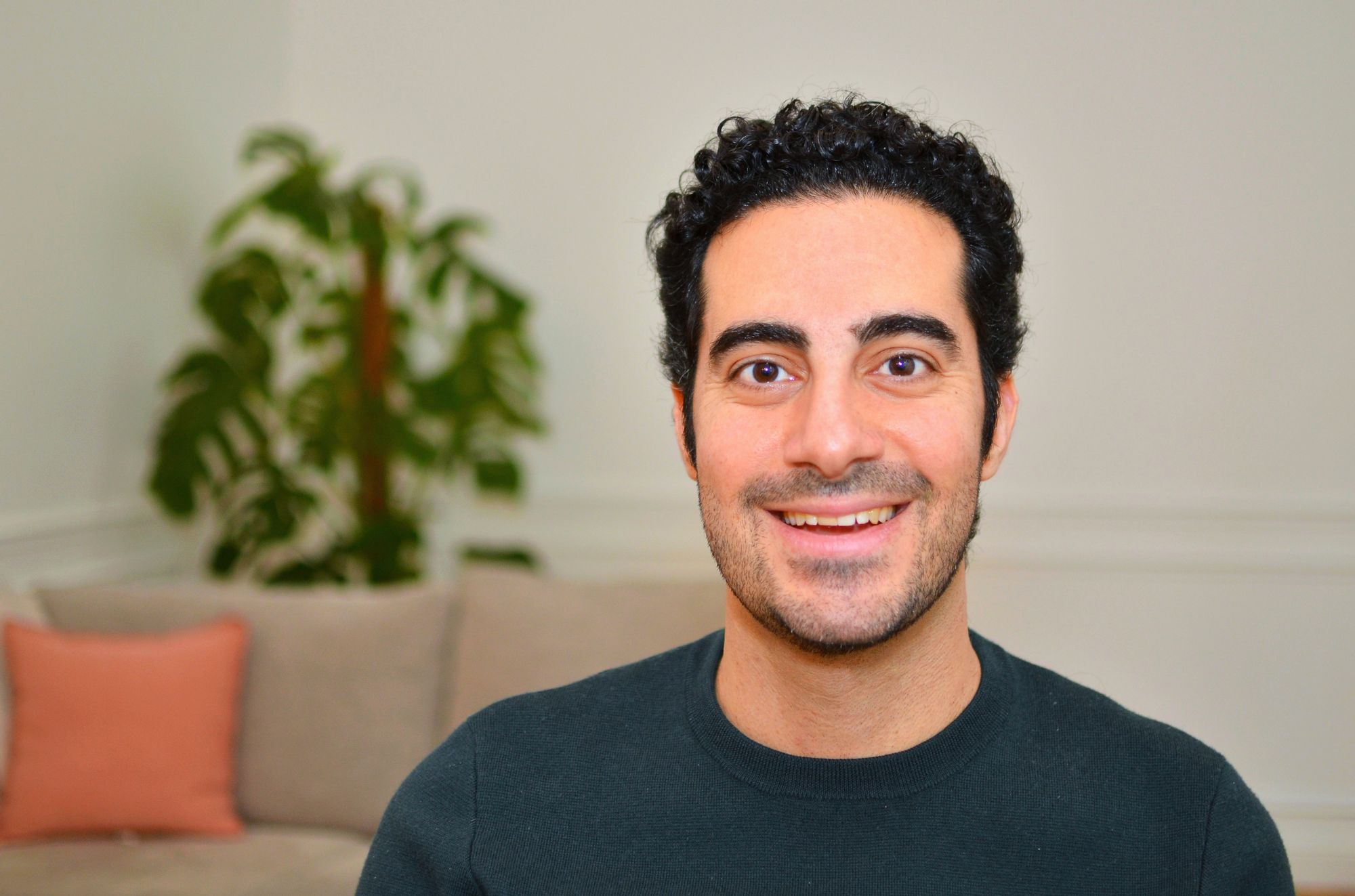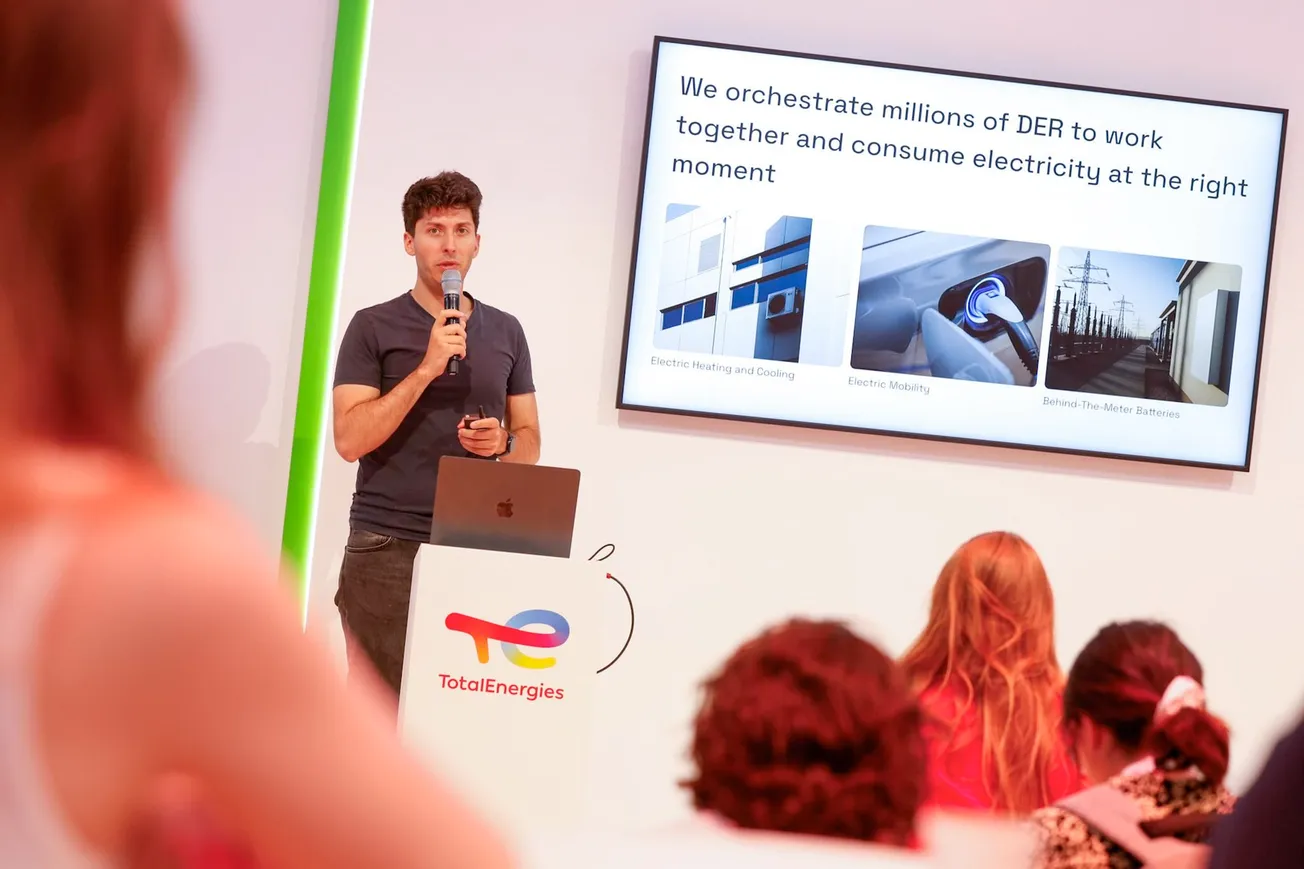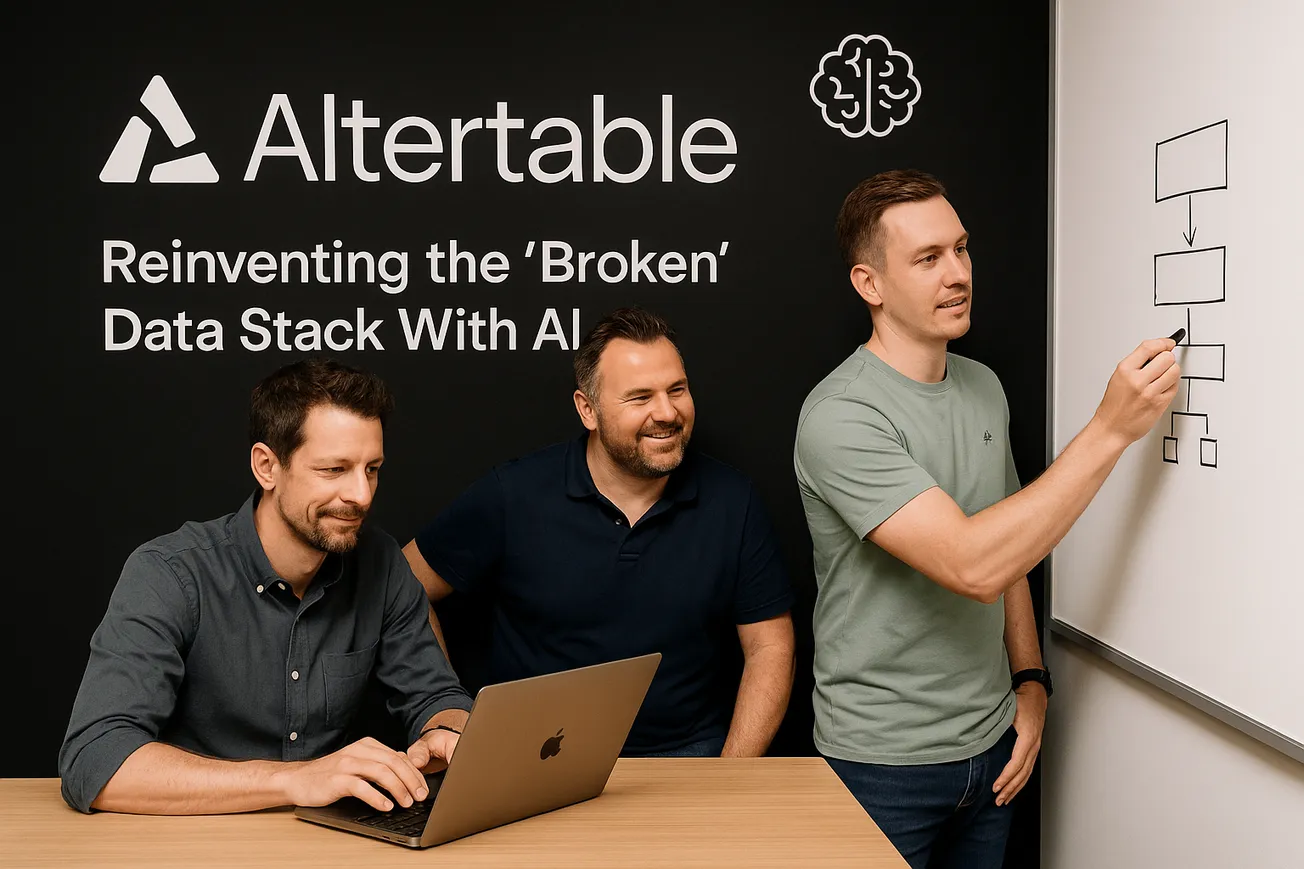Many would-be entrepreneurs can tear their hair out trying to generate one good idea. In contrast, people who create startup studios to simultaneously launch multiple startups are entrepreneurs flushed with too many good ideas and don’t want to pick just one.
Thus, Camille Tyan is opening a startup studio.
Tyan has partnered with eFounders to launch Logic Founders which is dedicated to co-founding fintech startups. The announcement is a timely one, coming on the heels of a strong year for French fintech startups. And Bpifrance recently announced a new €100 million fintech investment fund.
Previously, Tyan co-founded PayPlug, an online payments company that was acquired by Natixis in 2017. Tyan stuck around until 2019 before leaving to contemplate his next project while continuing to advise other startups. He started thinking about the concept of the fintech startup studio and approached the eFounders team for advice.

In the French Tech scene, eFounders is easily one of the most notable startup studios. Founded in 2011 by Thibaud Elzière and Quentin Nickmans, eFounders is dedicated to the future of work. The eFounders team generates ideas and then finds co-founders to build the companies, providing the capital and hands-on support for the first 12 to 18 months.
The model has worked well. Over the past decade, eFounders has launched 28 companies, including such notable names as AirCall ($105.6 million in VC raised), Spendesk ($80.6 million raised), and Front, ($138.3 million raised).
As it turned out, the eFounders’ team had been looking at fintech and thinking about ways to expand their own startup studio model. So Tyan’s conversations eventually led to the idea of a partnership in which eFounders will provide the initial capital for Logic Founders. In addition, the eFounders team of engineers, product designers, and marketing specialists will provide support for Logic Founders’ startups until the latter can build out its own team.
“We had a similar and complementary vision on the future of Fintech,” Tyan said. “They were also looking at scaling model and how they could build more companies while keeping a tight-knit operation. So this made a lot of sense for us.”
How To Find A Co-Founder
Tyan is currently closing what he describes as the “exploration phase” and is getting ready to move to the “building phase.” One of the first ideas to emerge is in a space called “treasury management.” Basically, any company that does a lot of bank transfers needs better tools to manage them. So he’s thinking about an API that could solve the problem.
But before going much further, the focus turns to finding the right co-founder or co-founders.
“We work a little bit on those ideas to analyze the opportunity,” Tyan said. “When we decide to launch a business, before writing the first line of code, we will look for co-founders. At this stage, we are right now having advanced conversations with potential co-founders for the first idea. And hopefully, sometime in the next few weeks, we'll be full-on working on the first idea.”
Finding the right co-founder can be a challenge. But eFounders has developed a systematic method that Logic Founders will embrace. So how does one pick a co-founder?
“In essence, the studio business is about answering that question in the right way,” Tyan said. “What we look for is, first of all, people who are fundamentally entrepreneurs. The best founders for us are people who are planning to launch a business no matter what, whether or not with a studio.”
Among the important criteria: People who think very fast and who have really big ambitions. In terms of skills, experience in tech is not mandatory because the team believes it can be acquired.
“However, we need people who are comfortable with complex architectures and complex projects,” Tyan said. “In fintech, you often don't operate alone. You often are partnering with banks, you have regulatory constraints or requirements, you need to manage growth through partnerships and integrations. So we need someone who finds that type of company exciting, and who has fallen in love with the problem and the idea. And that's why we take our time to connect with those folks and engage repeatedly over a number of conversations.”
Right now, Tyan’s having parallel conversations with 6 or 7 potential candidates. In those discussions, he asks probing questions to ensure that the person is ready to take on the journey of an ambitious startup.
“We want to see how far and how big the person can think,” Tyan said. “And so we get them to think about the opportunity, about what would happen in certain situations where two options are presented. We ask them to also show us how they would pitch the idea, how big it can get in terms of an opportunity, and how it could evolve. Those questions will vary from one person to another because some people will come with a set of strengths that are obvious from the beginning.”
Once those co-founders are in place, Tyan and the Logic Founders’ team essentially act as another co-founder for the first year or so as the product is built. At the end of that period, the studio introduces the co-founders to potential investors for a seed round. At that point, Tyan will step back and become a board member. The goal is to launch two such startups in 2021 and 3 in 2022.
Fintech’s Future
As France’s and Europe’s startup ecosystems have grown, fintech has been a strong point. For all the problems that have been solved, Tyan still believes there is a massive opportunity in the sector for entrepreneurs.
Part of the reason is the historic regional nature of Europe’s banks. Doing any transactions across borders can be a major headache, in part also because so much of the financial systems are still paper-based, he said.
“I think that's why there's an opportunity, not just in Europe, but everywhere in the world,” Tyan said. “And unless a company raises very quickly hundreds of millions of dollars and establishes a deep international presence everywhere, there's always going to be a regional player who is going to be having a lead.”
In France, Tyan feels many incumbent banks have a culture that primarily focuses on security.
“While security and compliance are essential, I think they were missing a big part of the picture, which is user experience,” he said. “If you see yourself as a security business in a world where user experience and expectations of customers are undergoing a big change, then you're going to lag behind and you're not going to be investing in the right things. That's why we're building companies that are looking at the problem in a different way.”
Tyan also noted that it’s impossible to overstate the size of the market that can be addressed.
“The economy relies on finance for transactions,” he said. “And the two biggest two sectors of finance and banking are payments and lending. Basically, we are the oil of the economy. It’s so big that the scale of the opportunity drives a lot of venture capital as well. And this is what we're seeing.”
Meanwhile, banks are distracted because they need to focus on the digital transformation of their classic services away from those paper systems. So when challenger banks or startups arrive with a better mobile UX, or better e-commerce platforms, or APIs, the best move is to just buy them, Tyan said.
“I don't think it's because of a lack of interest or intelligence at all,” Tyan said of incumbent banks lagging. “I think it's because of the size and the way that they are structured. They are not fast enough to catch up with all the innovations that are happening. The incumbents, in the last few years, have been realizing their limitations. So they've been also looking at acquiring and doing M&A. And so it's driving valuations up and the interest for the sector and in turn, more venture capital is being injected.”
In other news: My latest story for Sifted.eu explores Dom Leca’s quest to reinvent the browser. After starting and selling two companies, including one to Google, Leca wanted to do something with more meaning. The result is a new browser called Beam, which combines web browsing with note-taking functions to allow users to build their own knowledge databases. Leca just raised a $9.5 million round to continue development:
“The only reason I’m doing this is to be working for the greater good,” Leca said. “Is this something I can explain to my kid and be proud of the fact that it’s not just a stupid business to make money?”

The big picture: On the surface, the idea may seem crazy. There are plenty of browsers and there are plenty of note-taking apps. But sometimes it only takes a small conceptual tweak to get just the right alignment for a superior user experience. Nobody thought there was room for more smartphone photo filter apps or social networks until Instagram combined them in just the right way. Will Beam be Instagram? That’s a long shot for sure. The real challenge is whether Beam can find a passionate user base to give it some legs and viral mojo.
Venture Funding

Journalism Demystified: How do journalists do their job? How do they make decisions about what stories to cover? How do they get the information they need?
Book an appointment with me at Superpeer and I'll answer your questions about journalism and the media and explain my workflow to help you better understand the perspective and challenges of journalists.
If you’re a subscriber to this free email, I’ll send you a code for a 20% discount. If you’re a paid subscriber, you can get a code for a 50% discount.
If you’re enjoying The French Tech Journal, please support the project by forwarding it to friends and sharing it on your social networks. You can comment on this post or by replying to this email. And if you have ideas for stories, tips, or just want to harass me, send me an email: chris@frenchtechjournal.com.




